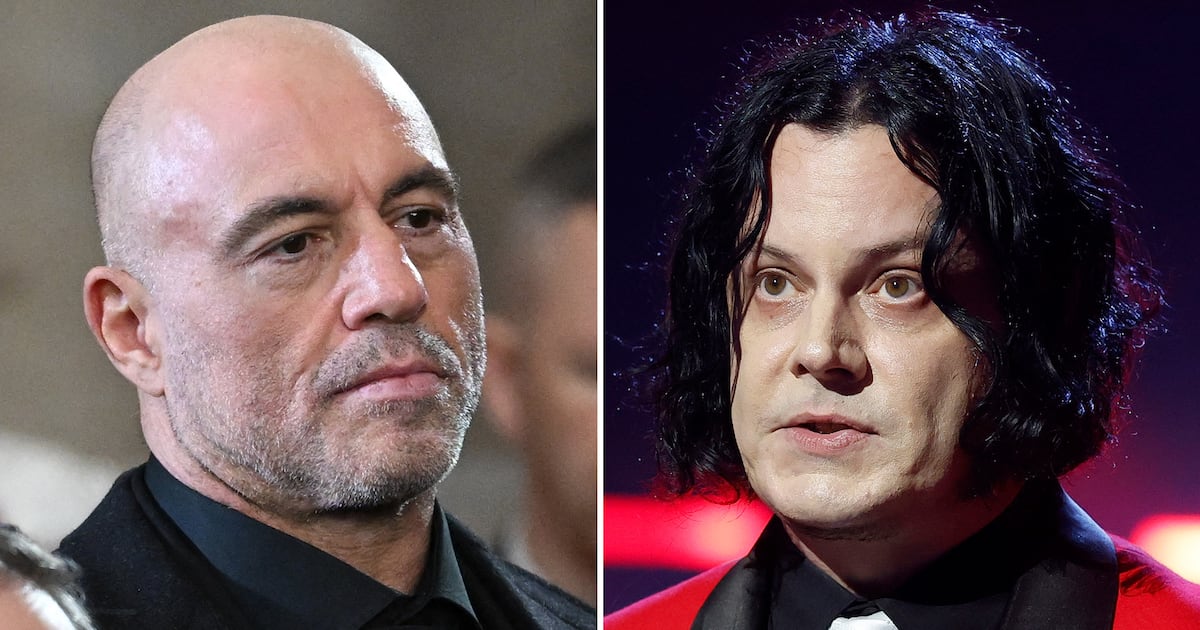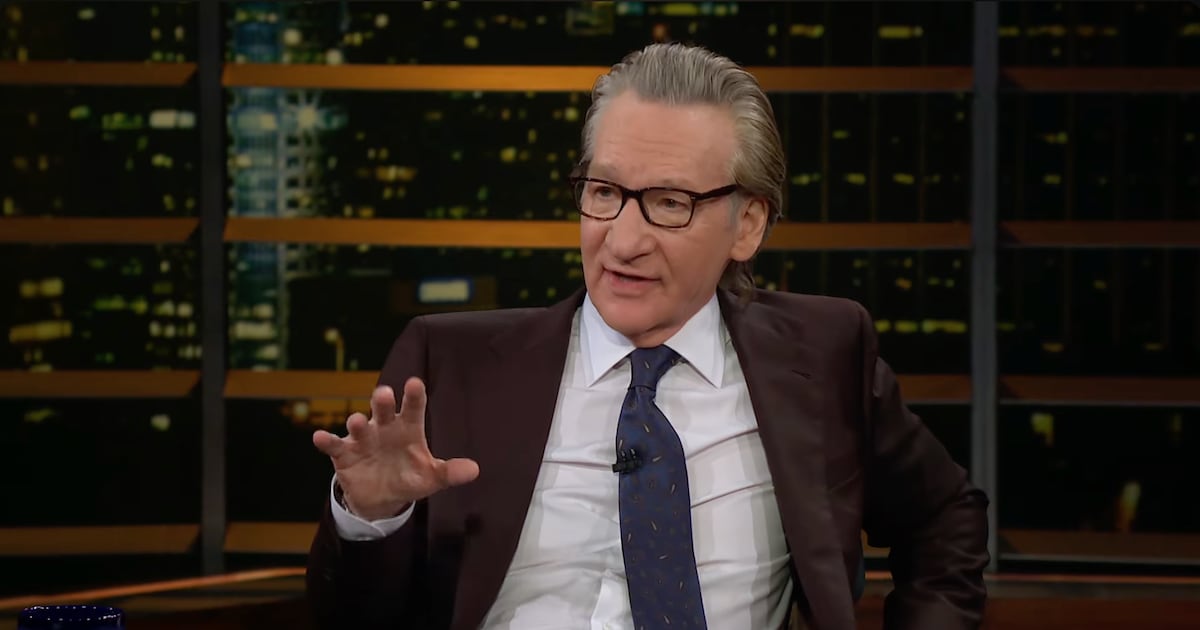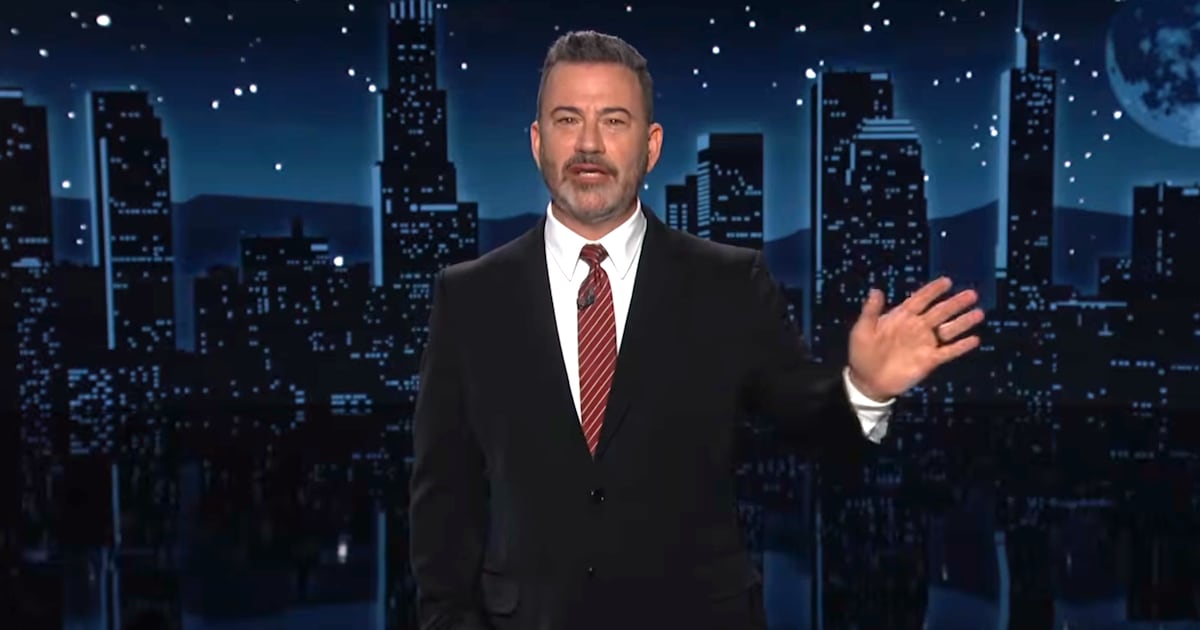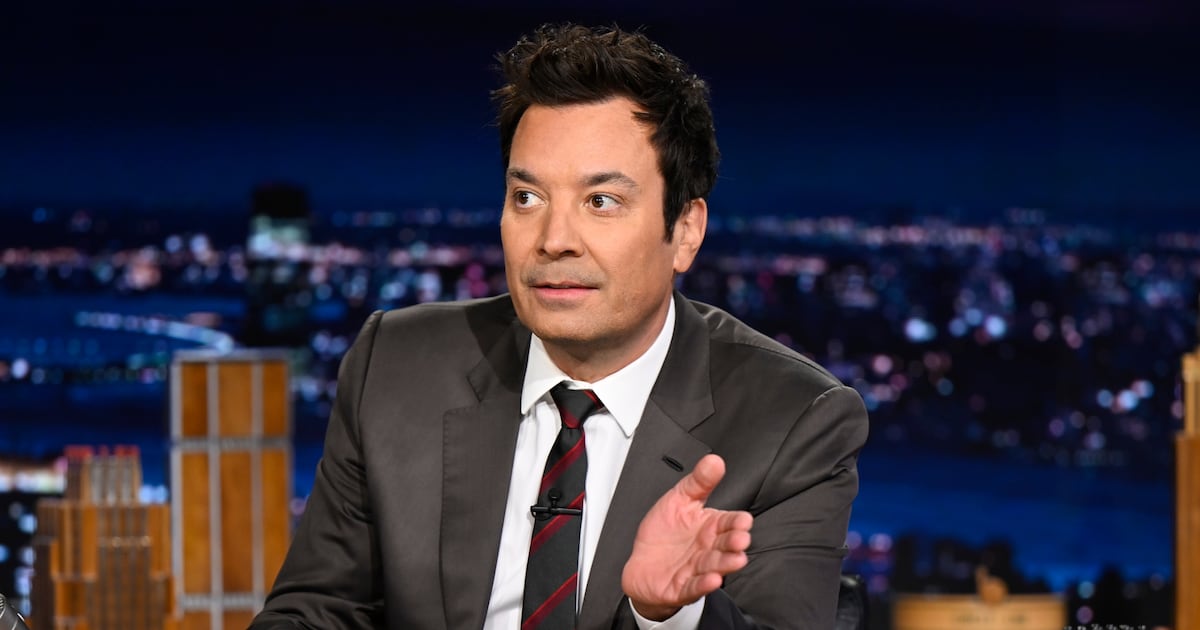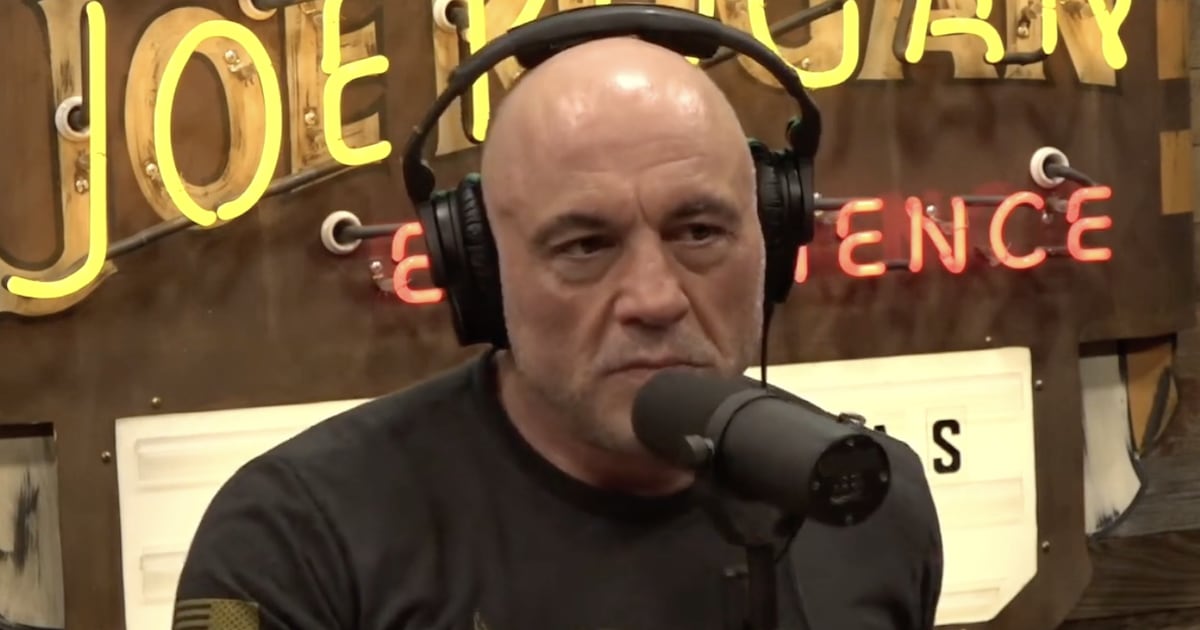Comedian George Wallace has finally become the lead of his own sitcom at 72. And all it took was convincing Norman Lear to reimagine Sanford and Son with Laverne Cox as his character’s trans daughter in the TV legend’s final project.
In this episode of The Last Laugh podcast, Wallace talks about everything that went into making his new series Clean Slate happen—and what he hopes it teaches the most ignorant members of MAGA nation. The stand-up comedian also looks back at his more than 50-year career in show business, from the racist undertones of his early appearances on Johnny Carson’s Tonight Show to his lifelong friendship with Jerry Seinfeld, who he says he still competes with for laughs to this day. The prolific tweeter also takes time to sound off on Elon Musk, who he believes should “go to jail just for creating that Cybertruck.”
“I always like to say, there’s no money at my house,” Wallace says from his hotel room on the road when we connect on Zoom for our podcast interview. The stand-up comedian still spends most of the year traveling the country and performing new stand-up material night after night.
But while he’s never had much trouble connecting with audiences from the stage, Clean Slate is the first time he has felt the success of leading his own critically acclaimed sitcom. “Never too late!” Wallace declares, making sure to let me know that the debut season is currently certified “fresh” on Rotten Tomatoes.
And the show, which in the tradition of Norman Lear’s most iconic work takes controversy head-on, could not be arriving at a more opportune time as the new Trump administration continues to take aim at the transgender community.
“While I’m being educated, America’s being educated,” Wallace says of his character, who is forced to come to terms with his family’s new reality. “There’s a point in life when you have to forgive, or maybe you need to understand and be educated on how other people live. Now I know this because I’ve been black all my life, over 70 years. I’m one of the very few people you’ll ever meet that actually rode the back of the bus. So I dealt with the discriminatory practices. I don’t like it in any way, against anybody.”
“That’s why we called it Clean Slate. Everybody gets a chance to start over or forgive and start anew,” Wallace adds. “This message can get to people that don’t understand yet, especially that community that was voting for Trump.”
Before he started performing comedy in the late 1970s, Wallace was well into a successful career selling billboards and other outdoor advertising in New York City. And he still employs the skills he developed as a marketer today.
“Marketing is just another name for bulls--t,” he says. “So that’s why I knew Trump is a bulls--tter, because that’s what I do. All bulls--tters know each other. We don’t know each other, but we know each other. You can see the bulls–-t coming around the corner, that’s what we do.”
It was this overconfidence that prompted him to drive across the country to L.A. with his new friend Seinfeld and start performing at the famed Comedy Store every night after just six months as a comedian. “Every night I get there, and there’s Paul Mooney, there’s David Letterman, Jay Leno, Elayne Boosler. Robin Williams comes in a little later from San Francisco. And Richard Pryor, Sam Kinison. We go on stage every night, following Richard Pryor? It doesn’t matter. Who wants to follow Robin Williams? Nobody! But it didn’t bother me. I just had to get on the stage.”
Wallace still recalls meeting Seinfeld, who he jokes was “the ugliest kid I’d ever seen in my life” with glasses that were so thick “when he read the map he could see people waving.” But for whatever reason, they connected early on and became best friends and roommates for 13 years. Wallace was the best man at Seinfeld’s wedding and he likes to joke that he’s the real father of his three children. “Out of all the people, the richest man in comedy is my best friend, not a lot of people can say that,” he adds.
It wasn’t until the second-to-last season of Seinfeld that his friend finally cast him as a doctor transfixed by the Eagles song “Witchy Woman.” And Wallace says that was by design, explaining, “We always kept business and friendship separate.”
When I ask if they were ever competitive early on, Wallace replies, “We’re competitive right now. He makes more money than I do, but we’re competitive. And we shouldn’t be on the same show because he can’t follow me.”
Both men made their debuts on The Tonight Show Starring Johnny Carson in the early ’80s. But while Seinfeld’s career took off and led to the eponymous sitcom that made him the richest man in comedy, Wallace had a much slower burn.
When Carson introduced Wallace before his first Tonight Show set in 1980, the host remarked that viewers might “confuse” this George Wallace with “the former governor of Alabama”—a joke that played on both their identical names and obviously different races.
Wallace killed that first night and was invited back on the show three more times—but unlike many of his white counterparts, including Seinfeld, he never got the coveted wave over to the couch to chat with Carson after his set.
“I never got invited over to the couch, but I found out something,” Wallace says, recalling a story he heard from the manager of the host’s band leader Doc Severinsen that Carson “didn’t get along with” people of color. He started to notice that he wasn’t the only Black comedian who did not get called over the couch.
On top of that, he points to the fact that the original Sanford and Son star Redd Foxx never guest-hosted the Tonight Show despite the fact that the studio was next-door and shares a story about being backstage with What’s Happening!! star Shirley Hemphill when she got bumped from a scheduled appearance. “She said, ‘F--- Johnny Carson’ as loud as she could and shouted, ‘I’ll never do this f---ing show ever again!’” Wallace recalls with a laugh and shake of his head.
So did it bother Wallace when realized he may have been treated differently by Carson? “Of course it did,” he says. “Because when you’re doing the show and you get 19 applause breaks, that warrants you to say ‘hello’ at least.”
But despite any misgivings he might have, Wallace still recognizes that going on The Tonight Show forever changed his life and career.
“That first show was on a Thursday night,” he recalls. “The next show I was in front of 17,000 people opening for Natalie Cole. You did the Tonight Show, you were somebody, no matter what.”
Listen to the episode now and follow The Last Laugh on Apple Podcasts, Spotify, or wherever you get your podcasts to be the first to hear new episodes when they are released every Wednesday.


